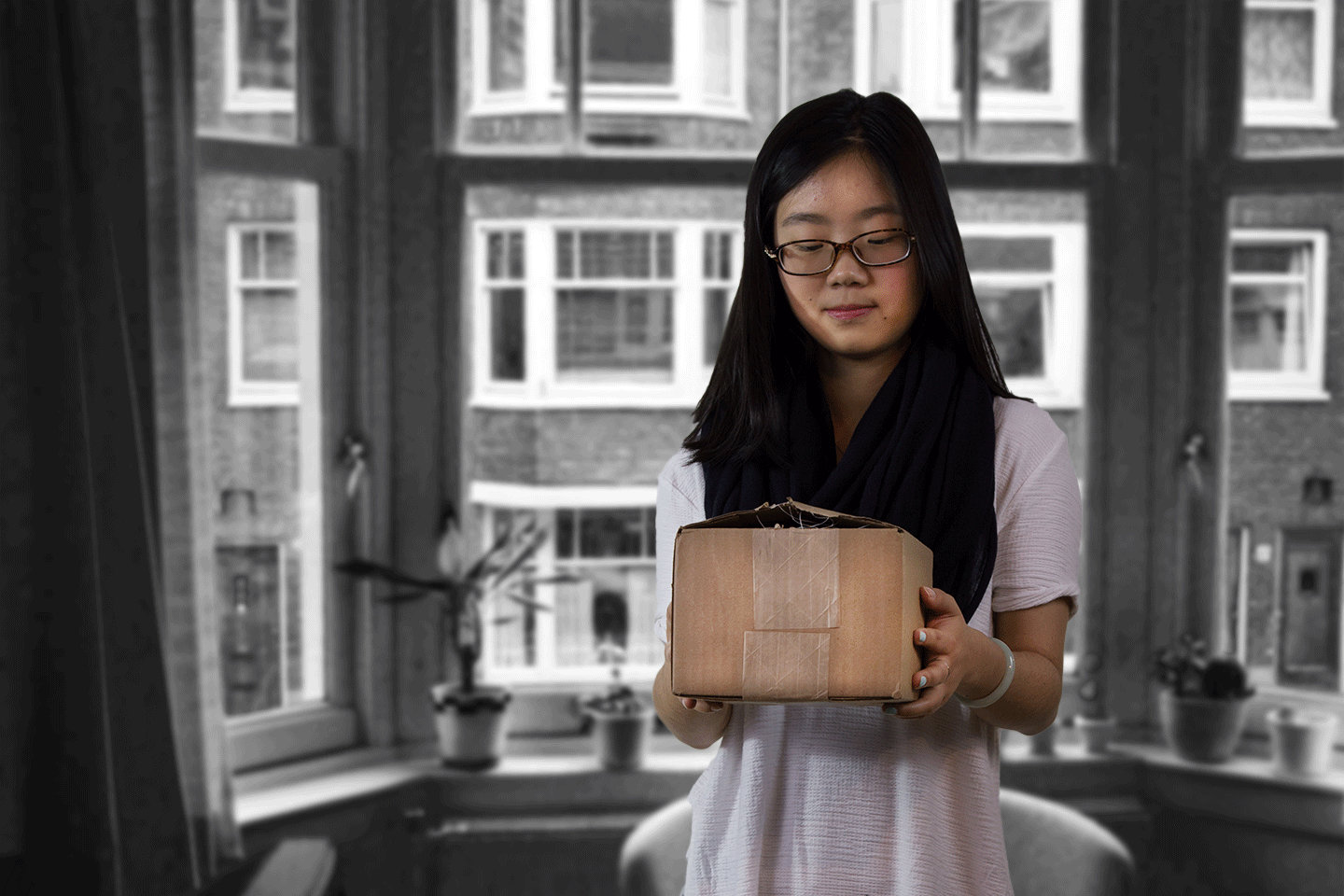Help travelers relive their trips
Team: Bryan Spence, Gaurav Bradoo, Mark Supert, Sipra Bihani
Type: Service Systems Workshop group project
When: Fall 2015
Where: IIT Institute of Design
What's the solution?
Unique items purchased while traveling carry meaning. When travelers see or hold a special object from a trip, it brings them back to those memories that mean the most. eyecatcher is a service that connects travelers to those things they wish they would've purchased but didn't so they can relive their trips. We connect those who seek specific items (seekers) with local experts (scouts) who help them buy those objects using their personal networks.
How did we get there?
Our theme for the class was "Travel" and our group's focus area was "Stuff", so we set out to understand what travelers did with their belongings during their trips. Through interviews and stimulus-based research, we struggled to identify compelling insights about packing or how they carry their luggage. However, we did hear a few stories about what people couldn't bring with them or wish they would've brought back. More interesting, were the emotional connections travelers had with specific objects that they either brought back with them, or regretfully didn't bring back .
Curious to identify a common thread, we further explored this direction by having volunteers bring in special objects from previous trips to talk about why those things carried meaning. We also created a card sorting exercise to see which types of items travelers valued the most from their trips. At this point we determined that our concept would have something to do with reliving leisure trips by getting something memorable.
Meanwhile, I used one participant's story as inspiration to reconnect her with the object she wished she would've bought: a glass octopus from Venice. I searched online and discovered a glass blowing wholesaler who worked closely with artists. I showed her the photograph provided by the participant and she claimed to know who the artist might be. Unfortunately, communication went dark after that. Overall, I spent several hours searching for the object and contacting people, show how difficult the current system for finding unique object was.
We narrowed our concept down to a few specific directions and put descriptions in front of participants to see which services they would use, and then built out a compelling story. We created a digital platform that allowed seekers to tell stories about an object and post photos of that object or something similar. Scouts in the cities where the objects were seen would then bid on a reward amount offered by the seeker to retrieve and send the item. Once a seeker chose a scout, the scout would search for the object and take photos and videos along the way, so seekers could help give clues but also reminisce about their trips.
Takeaways
- Make your prototype experience as close as possible to your service. I lived the frustration of not locating an object, which strengthened the case for change.
- Use stimulus in research. I built an activity based on another activity I built for a class on research stimulus, which eventually led to our final concept direction.
- Fiercely debate your ideas with the understanding that it's nothing personal. We had many long discussions that proved to be beneficial for creating a compelling service.
- Give it some charm! Up until the final week of class, our concept was lacking any sense of personality or style. We nailed down our service blueprint but lacked the extra polish to make eyecatcher...well, eyecatching.






